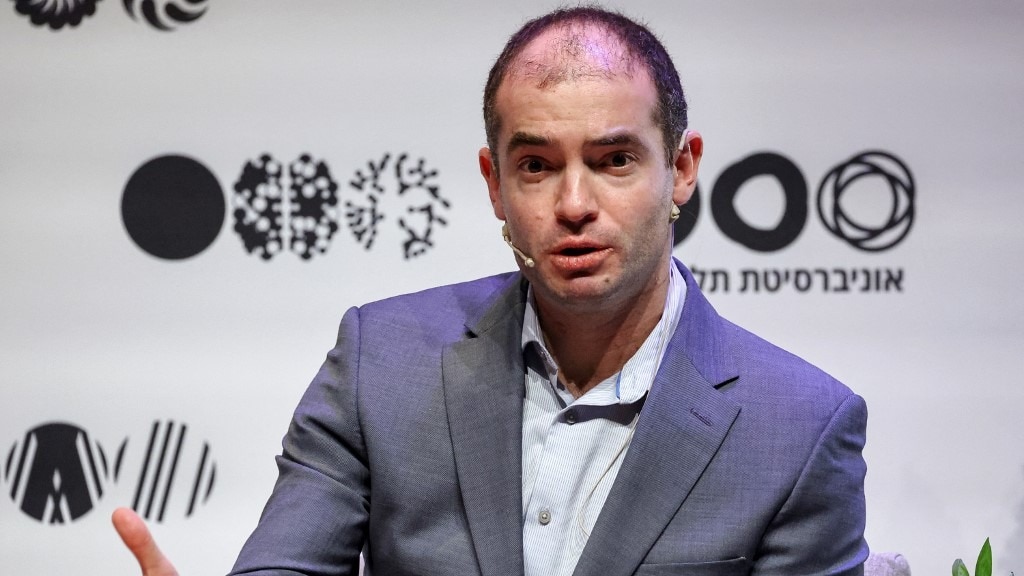OpenAI Co-founder Predicts AI Will Master Every Human Skill
In a bold claim, OpenAI’s co-founder envisages a future where artificial intelligence will surpass humans in every task. This prediction underscores the accelerating pace of technological advancements and their impact on various sectors.
In Short
- OpenAI’s co-founder foresees AI evolving to outperform humans in all skills.
- This statement highlights the rapid advancements in AI capabilities.
- It raises questions about the implications for future workforce dynamics.
AI Advancements and Implications
The co-founder of OpenAI has made a striking prediction that AI will eventually surpass humans in mastering every conceivable skill. This forecast is rooted in the swift technological advancements observed in AI research.
Significant progress has already been achieved in various AI applications, from language processing to complex problem-solving tasks. Companies like OpenAI continue to push the boundaries of what AI can accomplish, contributing to this optimistic outlook.
“AI’s development is not just about data processing; it’s about mimicking the human ability to adapt and learn,” explains the co-founder.
The prediction implies profound implications for industry sectors reliant on human expertise, suggesting potential paradigm shifts in workforce roles and educational focus.
Challenges and Concerns
Despite these promising advancements, the rapid evolution of AI presents concrete challenges. Concerns about employment displacement and ethical considerations are increasingly debated topics among policymakers.
The potential for AI to surpass human capabilities in all domains renews discussions about economic impacts and the redistribution of the workforce. There’s also the challenge of ensuring that AI operates within ethical and socially beneficial frameworks.
“We must align AI development with ethical guidelines to benefit humanity as a whole,” emphasizes a senior researcher at OpenAI.
Policymakers are also urged to stay ahead of this technological curve, ensuring that legal and educational systems accommodate these future scenarios.
Looking Ahead
OpenAI’s prediction places a spotlight on the future trajectory of AI and its ensuing impact on society. As AI systems grow in sophistication, industries will need to adapt strategically to these changes.
Education systems might need to reform curricula to prepare future generations for an AI-driven job market. Reskilling of the current workforce could become a focal point for societies to mitigate potential disruptions.
Furthermore, as AI becomes more intertwined with daily operations, regulatory bodies are expected to establish comprehensive guidelines to govern AI usage effectively.
“The convergence of AI and human skill represents an opportunity to innovate, but with caution and foresight,” notes an industry analyst.
Overall, this bold prediction by OpenAI’s co-founder catalyzes continued discourse on AI’s role in shaping our future, urging stakeholders to prepare thoughtfully for what lies ahead.
